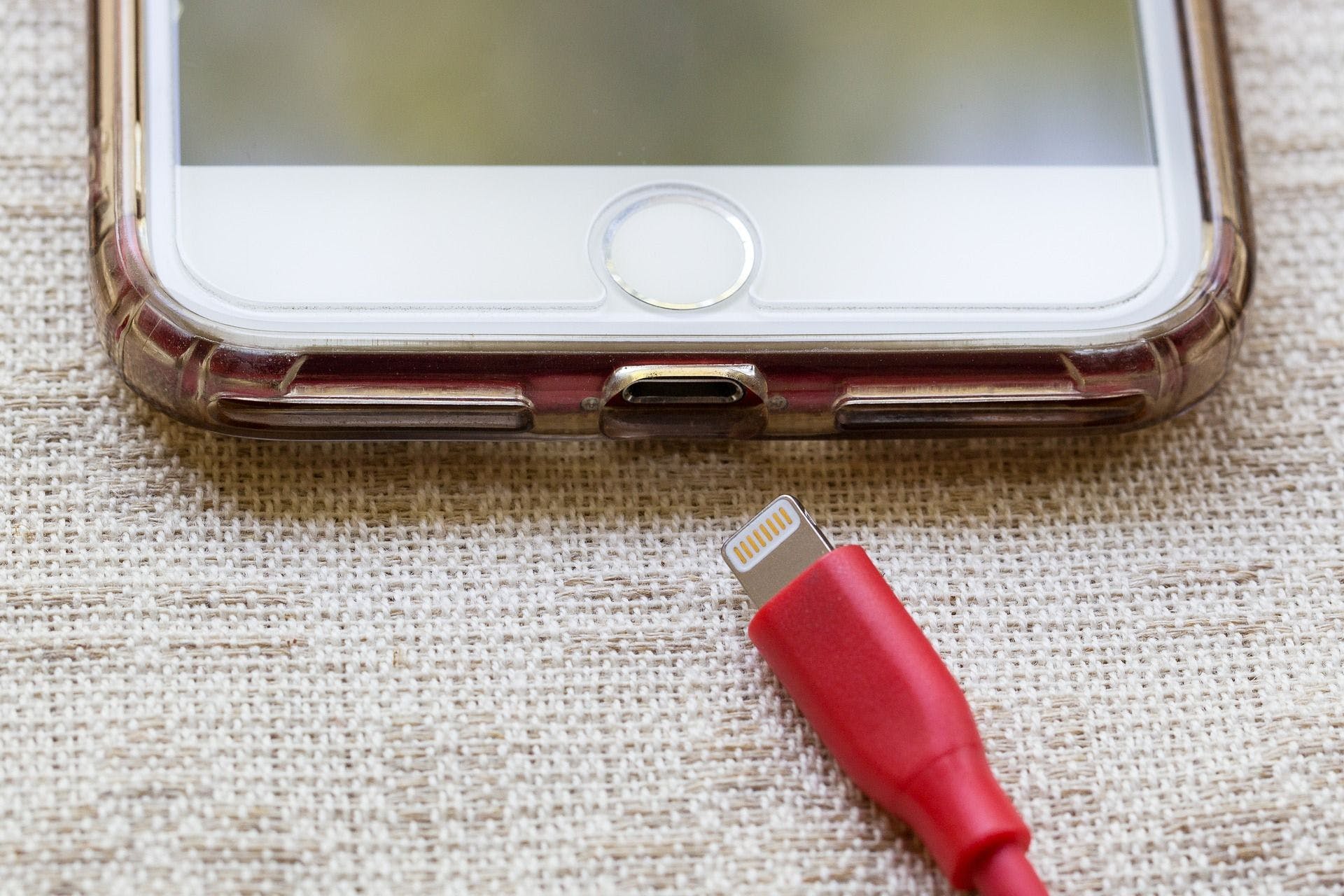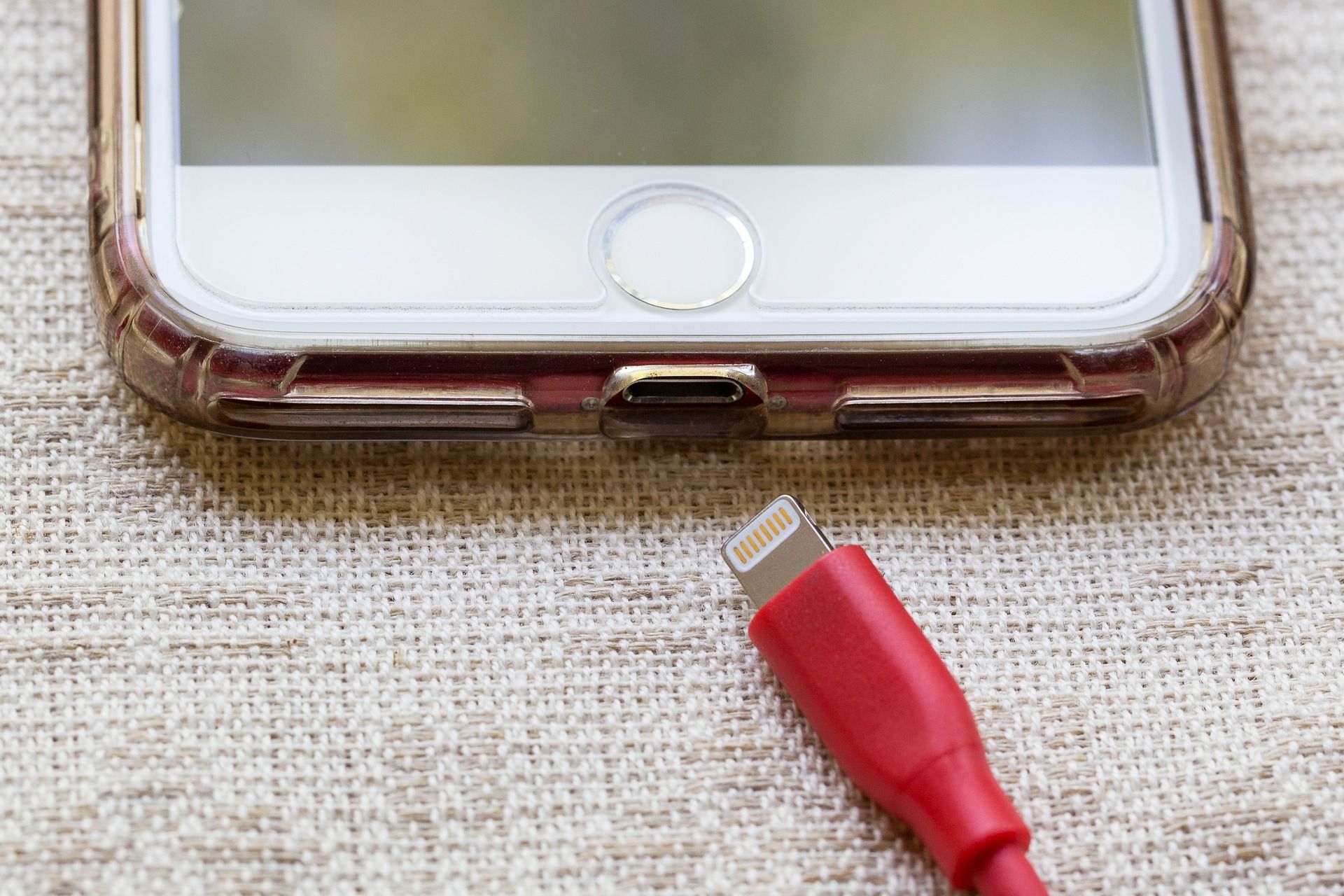Juice Jacking: Is it a Real Threat?

Lots of people can relate to their phone running out of battery when outdoors. Thus, the development of public charging stations was a perfect solution for this.
However, the threat of 'juice jacking' has recently been raised, prompting some to worry whether it is wise to use public charging points.
Consider this hypothetical example:
Situation: Suddenly, you're missing data (and probably money), your phone gets infected with a virus, and you're wishing you'd just bought that transportable battery you'd been eyeing.
However, all hope is not gone. You can be proactive about this by being conscious of the risks.

What is Juice Jacking?
This word may appear to be the next fitness drink craze, but the reality is far worse.
When a USB outlet or charger cable already attached to an adapter is modified to supply power and gather data, this is known as juice jacking. Basically, it's a hacked universal charger.
To accomplish this, hackers infect digital charging stations with wholly automated software. They don't have to be close by, or even in the vicinity, to collect data and infect network connections this way.
Crawlers frequently come in this virus, which sifts through the granularity of your data, searching for the most valuable materials, which are usually financial.
An experienced hacker can easily hack a charging point and deploy this malicious code on any accessible power outlet.
A juice jacked battery bank can gather any data from your phone, iPad, notebook, or another network node once it installs. Thankfully, many devices only enable power exchange when charging through USB by default.
Is Juice Jacking a Real Threat?
In truth, it's unclear how prevalent the problem is, and there have been few, if any, documented incidents of the hoax.
Not to mention that in an emergency or when a phone battery is exhausted and assistance is required, public charging stations can be a lifesaver.
Despite this, you should not dismiss the warning.
Rather than being afraid of ideas on how to avoid a juice jacking scam, this piece can be viewed as a reminder to avoid running out of battery in the first place, along with a reminder to be extra vigilant while utilizing any public service that involves electronic devices.
For instance, it is best to utilize public charging stations only when essential, irrespective of the threat level. Many smartphone users are likely to use one of these charging stations not because their device's charge is running low but merely because one is available.
In this way, it's a good idea to think of public charging like public Wi-Fi: they're available if you need them, but you're better off skipping them if you don't.
Investing in a portable power bank is another foolproof technique to ensure you never run out of charge when you're away from home. These devices are currently relatively popular and maybe had for a meager price.
Furthermore, they are available in ultra-compact sizes, making carrying one physically easier than ever before. Small-scale power banks have limited charging capacities, but any power bank will get you out of difficulty when the power signal blinks.
What are the Risks Involved?
Data Theft
If your gadget gets infected with juice jacking, whatever you do on it becomes public knowledge. Login credentials for eCommerce, retail, and other commercial sites, access to private emails, files, and images, and the ability to utilize your digital wallet are just a few examples.
It could also expose your confidential bank details, which is possibly the worst consequence of all.
Malware
Another danger of juice jacking is malware. When you connect to a compromised charging point, you're adding a slew of malicious software that can wipe your smartphone clean.
Because this form of assault is so difficult to detect, it is essential to avoid becoming a victim of malware from a compromised charging station.
If You're a Juice Jacking Victim
Many smartphone manufacturers, thankfully, are aware of the issue and working on safeguards.
On your Apple and Android smartphones, you might have noticed this. When you attach your phone to a desktop device, you should get prompted to confirm that you trust the desktop.
If you see this notice when simply attempting to connect to a public charging station, something is obviously wrong! Unplug your gadget and notify someone who can help you with the situation.
However, just because your gadget has a layer of security built-in doesn't mean you should relax your security measures.
When connected to any open power supply, juice jacking can happen, and your smartphone will not always inform you to make sure the system is secure. Incidents happen, notwithstanding your best attempts to keep your device safe, and juice jacking can pose a severe threat to your data.
Originally published at HackerNoon


